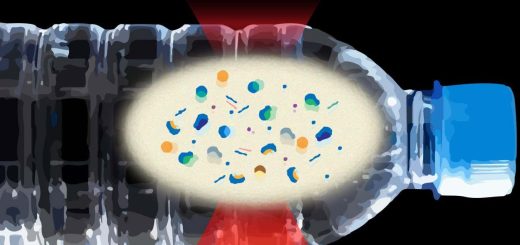AI models can’t learn as they go along like humans do
After their initial training phase, AI algorithms can’t update and learn from new data, meaning tech companies have to keep training new models from scratch
By Alex Wilkins
21 August 2024
AI programs quickly lose the ability to learn anything new
Jiefeng Jiang/iStockphoto/Getty Images
The algorithms that underpin artificial intelligence systems like ChatGPT can’t learn as they go along, forcing tech companies to spend billions of dollars to train new models from scratch. While this has been a concern in the industry for some time, a new study suggests there is an inherent problem with the way models are designed – but there may be a way to solve it.
Most AIs today are so-called neural networks inspired by how brains work, with processing units known as artificial neurons. They typically go through distinct phases in their development. First, the AI is trained, which sees its artificial neurons fine-tuned by an algorithm to better reflect a given dataset. Then, the AI can be used to respond to new data, such as text inputs like those put into ChatGPT. However, once the model’s neurons have been set in the training phase, they can’t update and learn from new data.
Read more
How does ChatGPT work and do AI-powered chatbots “think” like us?
Advertisement
This means that most large AI models must be retrained if new data becomes available, which can be prohibitively expensive, especially when those new datasets consist of large portions of the entire internet.
Researchers have wondered whether these models can incorporate new knowledge after the initial training, which would reduce costs, but it has been unclear whether they are capable of it.
Now, Shibhansh Dohare at the University of Alberta in Canada and his colleagues have tested whether the most common AI models can be adapted to continually learn. The team found that they quickly lose the ability to learn anything new, with vast numbers of artificial neurons getting stuck on a value of zero after they are exposed to new data.


